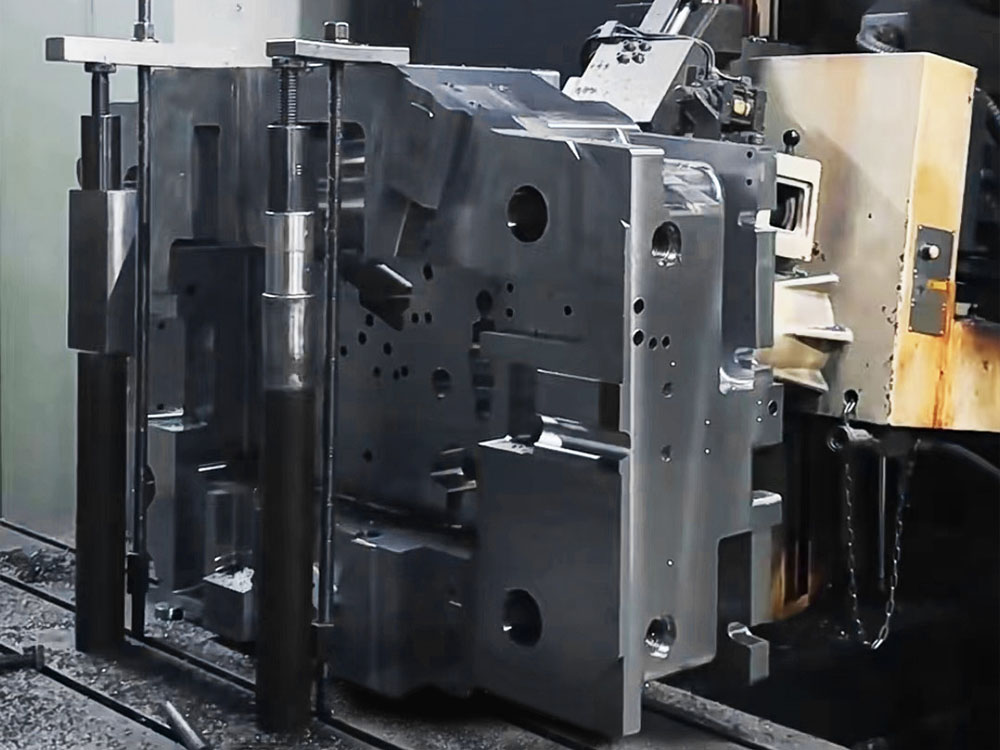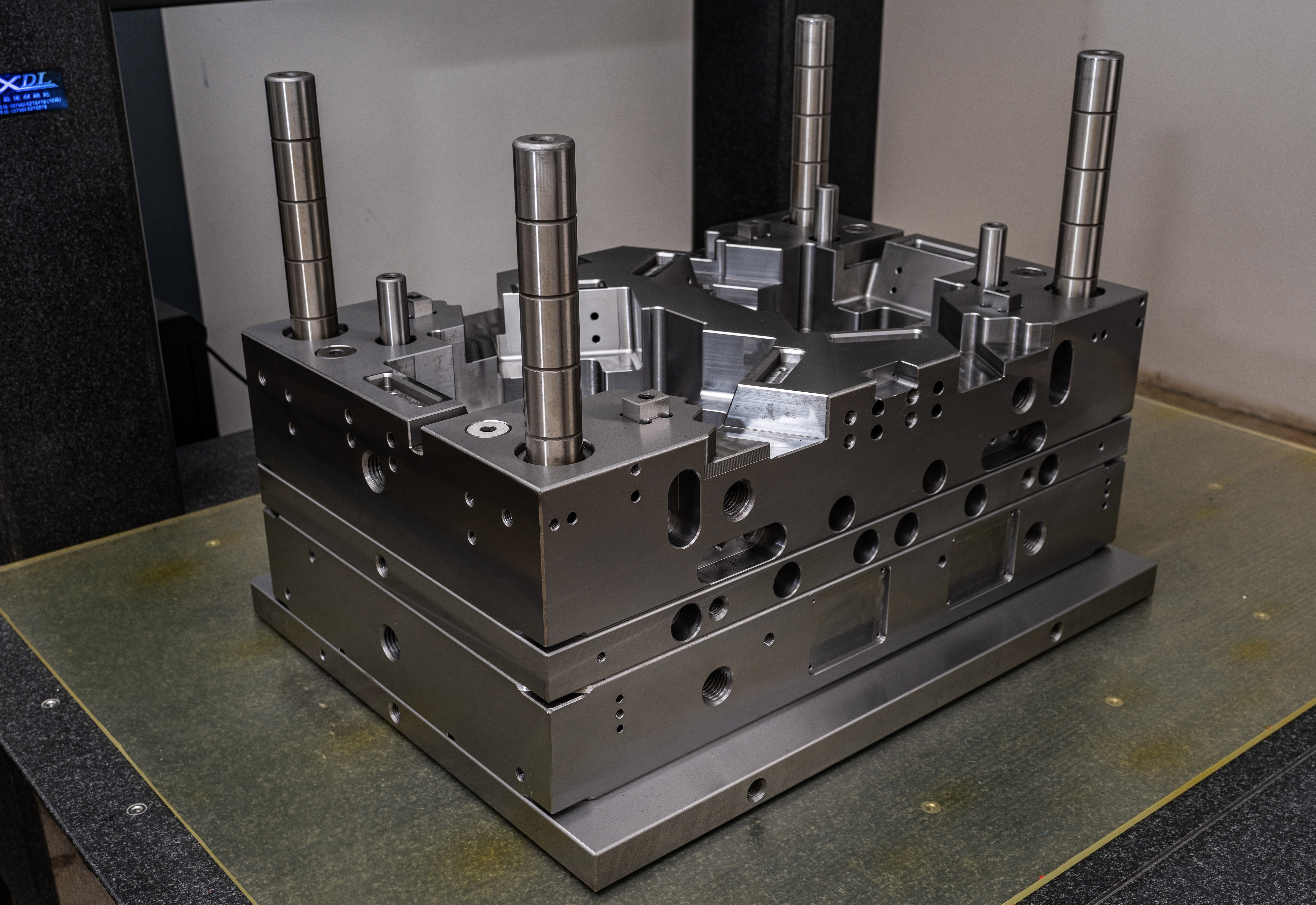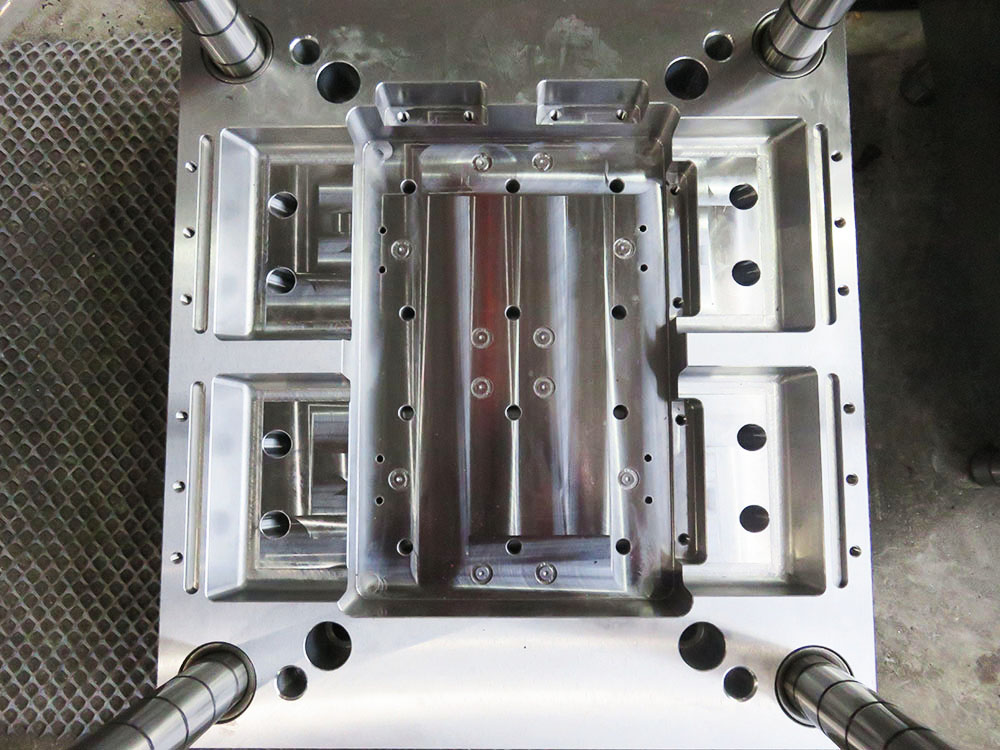The Curriculum of Model Construction: Subjects Included in the Mold Base Industry
The mold base industry plays a crucial role in various manufacturing sectors, providing the foundation for the production of precision components, products, and tools. A comprehensive curriculum in model construction is essential for individuals aspiring to excel in this industry. This article aims to outline the subjects included in the curriculum, providing a clear and professional overview of the knowledge and skills necessary to succeed in the mold base industry.
1. Materials Science and Engineering
To understand the fundamentals of mold base construction, students need to study materials science and engineering. This subject covers the properties and behavior of different materials commonly used in mold base production, such as steel, aluminum alloys, and various plastics. Students learn about material selection, heat treatment processes, surface treatment, and the impact of material properties on mold base performance.
2. CAD (Computer-Aided Design)
In modern mold base production, computer-aided design (CAD) software has become an indispensable tool. Students learn how to use CAD software to create 2D and 3D models of mold bases, incorporating design features like cooling channels, ejection systems, and parting lines. Proficiency in CAD enables mold base designers to optimize the manufacturing process, enhance product quality, and reduce production costs.
3. Mold Design and Manufacturing Technology
This subject delves into the intricacies of mold design and manufacturing, covering the principles and techniques of mold cavity and core creation, tooling design, and mold assembly. Students learn about different mold base types, such as two-plate molds, three-plate molds, and hot runner molds, as well as the various manufacturing processes involved, including milling, turning, electrical discharge machining, and grinding.
4. Mold Flow Analysis
Mold flow analysis plays a crucial role in optimizing the mold design and identifying potential manufacturing issues. Students delve into the principles of mold flow analysis, learning how to use specialized software to simulate the flow of molten materials within the mold cavity. By analyzing factors like material flow rate, pressure distribution, and cooling efficiency, students can identify potential defects and make design modifications to enhance mold performance.
5. Quality Control and Inspection
Ensuring the quality of mold bases is paramount in the mold base industry. This subject focuses on quality control techniques, including measurement, inspection, and testing methods. Students learn about geometric dimensioning and tolerancing, surface roughness measurement, hardness testing, and non-destructive testing. They also gain an understanding of quality management systems and how to ensure compliance with industry standards and specifications.
6. Project Management and Industrial Automation
Proficiency in project management and industrial automation is vital in the mold base industry, where efficiency and time-to-market are crucial. This subject covers project planning, scheduling, cost estimation, and resource management. Additionally, students learn about the integration of automation technologies, such as robotics and CNC machining, to streamline the mold base production process and improve overall productivity.
7. Process Optimization and Troubleshooting
In this subject, students explore techniques for process optimization and troubleshooting in mold base production. They learn how to identify the root causes of process inefficiencies, defects, and failures, and propose effective solutions. Topics covered include systematic problem-solving methods, statistical process control, lean manufacturing principles, and continuous improvement strategies.
Conclusion
The mold base industry requires individuals equipped with a wide range of knowledge and skills. The curriculum in model construction encompasses subjects such as materials science and engineering, CAD, mold design and manufacturing technology, mold flow analysis, quality control, project management, industrial automation, and process optimization. By mastering these subjects, aspiring professionals can embark on successful careers in the mold base industry, facilitating the production of high-quality components, products, and tools.




